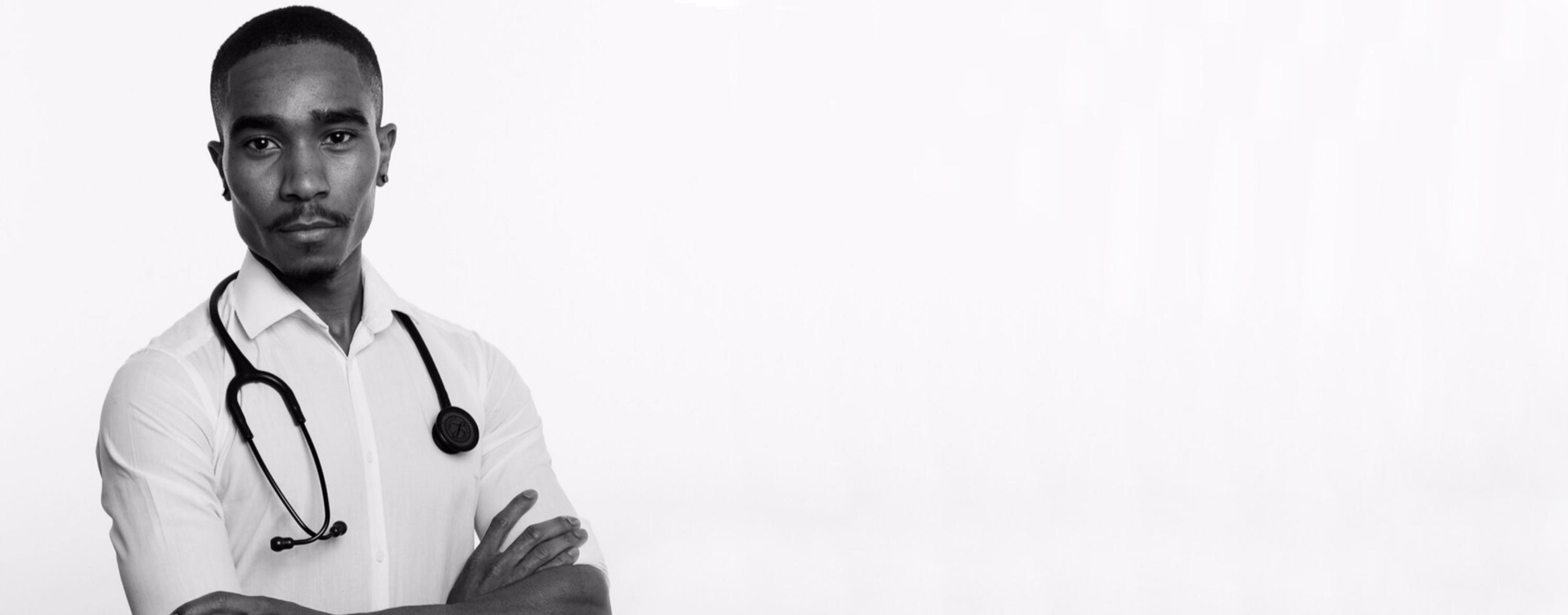To mark Black History Month we're celebrating the achievements and contributions of some of our UCO Community.
Today we talk to Marvin Blake, UCO alumnus, osteopath and owner of Marvin Blake Therapies.
Tell us a little about your route into osteopathy...
I had never heard the word osteopathy until nine months before I started on the osteopathic masters (M.Ost) programme at the UCO (then BSO). I had aspired to study sports medicine upon completion of secondary education in Jamaica, but when I moved to London in 2012 and started sixth form, I realised I was unable to receive state funding (international student) for university.
As a result, I googled human anatomy and biomechanics, stumbled on osteopathy and seeing as it was a master's degree (cultural self-stigma), decided that I was now going to become an osteopath; as it was much cheaper than medicine as an international student. Whilst at sixth form, I did an Access to Nursing Diploma online, whilst doing my AS Levels, so I could get into university a year early. I also worked as a nursing assistant alongside this in order to be able to save my tuition fees for when I started.
Somehow, I managed to pull it off and started my M.Ost in 2013, feeling exhausted, but like I had earned it.
Tell us a little about your time at the UCO. What were your personal highlights?
In some ways I feel as though I never really connected with university or the lifestyle as I was working 30 - 50 hours a week term time and even more during the summer holidays. I would probably fall asleep in most lessons, or be super quiet/introspective and be perceived as moody - however I later realised that it was down to being overworked. Irrespective of all mentioned, I loved it… well most of it. I think having such a small cohort and university in general created a sense of community and belonging. I remember Fresher’s Week, Sports Days, Graduation Balls, the whole lot. The intimacy of a smaller university provided me the opportunity to feel like I belonged. I had a decent relationship with most people, even the administrative staff. I loved it.
What do you most enjoy about being an osteopath?
Being able to be in control of when and how I work has got to be what I enjoy most. I feel so grateful for the opportunities I have. Working as a nursing assistant in hospital, particularly A&E, and seeing what the life of a junior doctor was like made me appreciative of what I was becoming. I feel I have to be at my best to give my best to patients. And I don’t think it’s a selfish thing. I heavily try to lead by example.
Additionally, being able to choose who I work with has been a blessing as well. It warms my heart getting people out of pain, but more importantly, making patients feel revitalised, inspired and hopeful.
I think ultimately it boils down to the value of freedom. What I enjoy most about being an osteopath is freedom.
What qualities do you think make a good osteopath?
Openness, self-awareness, compassion, accountability, criticality.
What is next for you? What are your plans and ambitions for the future?
I’ve just completed an MSc Psychology degree and am looking to pursue a doctorate in Counselling Psychology. At the BSO/UCO we were consistently exposed to assessing, treating and managing patients using a biopsychosocial approach; something I have underscored in my current work. Therefore, I believe that in increasing my competency of the psychological, I may be of more integrative or holistic assistance to patients. This I hope will also help to reduce the levels of stigma around seeking help for physical, mental or emotional issues which seem to have a way of manifesting in our musculoskeletal system.
What do you think could/should be done to encourage more black people into the profession?
Education through representation - I started this course through googling words that I liked. More needs to be done to make the marketing of osteopathy more contemporary and inclusive. I don’t see many people like me on flyers or on committees of university boards.
There is much to be done within cultures to influence levels of societal and self stigma that may have resulted from religion, tradition or high levels of self-reliance, however it's necessary. This can be done by utilising those who are from underrepresented populations, who are willing to share their story, to be a part of the face of osteopathy, as it doesn’t currently appear very inclusive.

